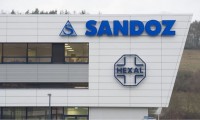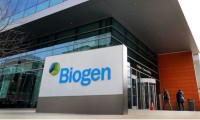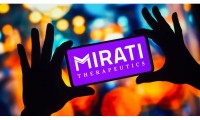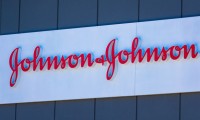-
AbbVie achieves win for migraine prevention drug Aquipta in Europe
- Source: drugdu
- 120
- August 22, 2023
-
Sandoz says its biosimilar matches Eylea in another threat to Regeneron’s blockbuster
- Source: drugdu
- 147
- August 17, 2023
-
J&J signs Stelara biosimilar settlement deal with Formycon and Fresenius
- Source: drugdu
- 195
- August 10, 2023
-
Biogen Boosts Neuro Pipeline with $7.3B Reata Buy Amid Layoffs
- Source: drugdu
- 100
- August 1, 2023
-
Mirati’s Flagship KRAS Inhibitor Krazati Gets Rebuffed in Europe
- Source: drugdu
- 128
- July 25, 2023
-
J&J Exceeds Q2 Expectations, Oncology and Immunology Top Pharma Drivers
- Source: drugdu
- 112
- July 24, 2023
-
US FTC Requests More Information on Pfizer’s Proposed $43bn Seagen Acquisition
- Source: drugdu
- 222
- July 21, 2023
-
EMA Concern Stirs over Suicide Risk with Weight Loss GLP-1RA Drugs
- Source: drugdu
- 107
- July 14, 2023
-
FDA rejects Alvotech’s Humira biosimilar for the third time
- Source: drugdu
- 110
- July 1, 2023
-
Sanofi’s $1.4B Bet Pays Off with Promising Phase II Eczema Data
- Source: drugdu
- 159
- June 29, 2023
your submission has already been received.
OK
Subscribe
Please enter a valid Email address!
Submit
The most relevant industry news & insight will be sent to you every two weeks.













